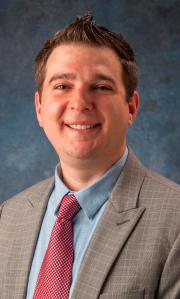Sanford CVS Pharmacies in Hot Water for Ignoring Red Flags
 By George F. Indest III, J.D., M.P.A., LL.M., Board Certified by The Florida Bar in Health Law
By George F. Indest III, J.D., M.P.A., LL.M., Board Certified by The Florida Bar in Health Law
In September 2012, the Drug Enforcement Administration (DEA) revoked the controlled substance licenses from two CVS pharmacies in Sanford, Florida. Details into the investigation were made public on October 12, 2012, in a final order released by the DEA.
The order explains how the stores operated, whom they prescribed painkillers such as oxycodone to, and identified Central Florida’s top-prescribing doctors.
To read the final order from the DEA, click here.
I previously wrote about the two Sanford CVS stores losing their controlled substance licenses, […]







